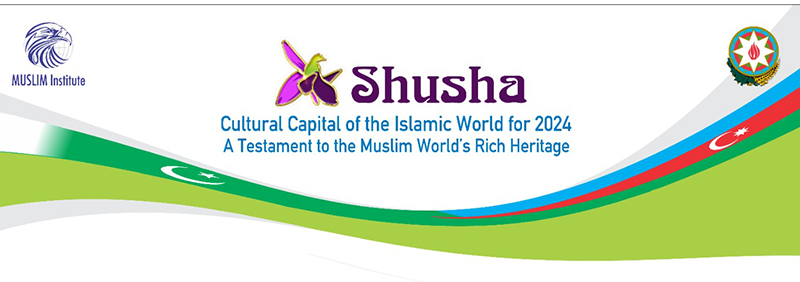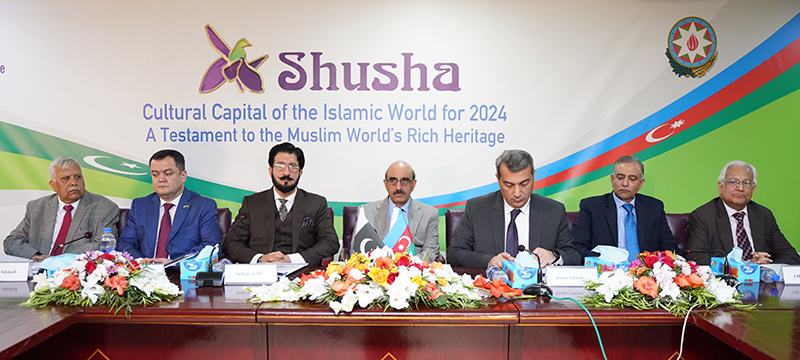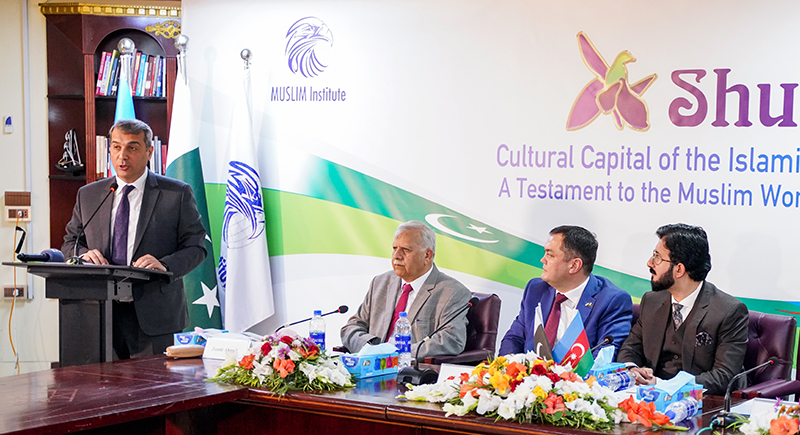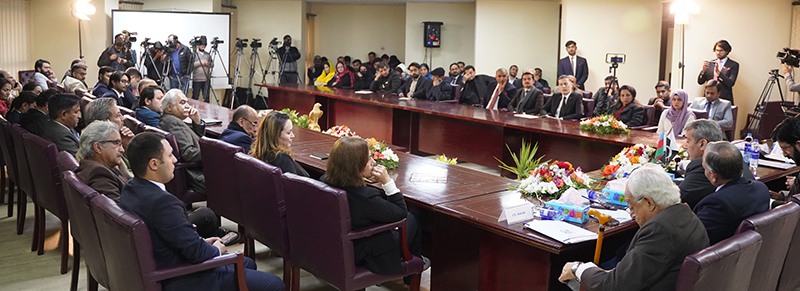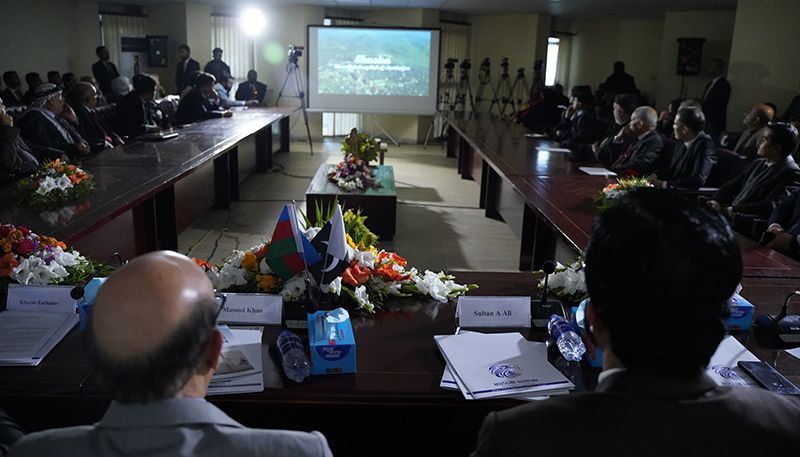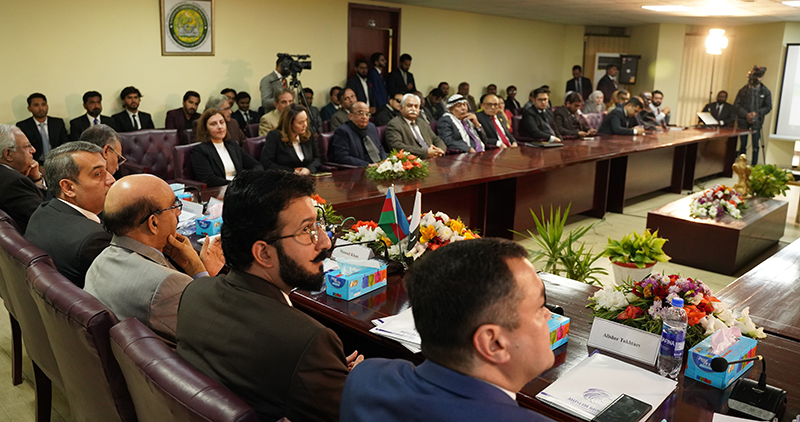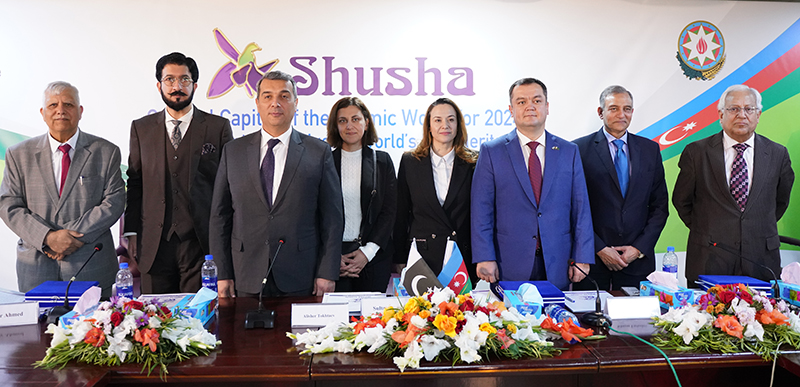|
Challenges and Opportunities in Connectivity
Pakistan and Azerbaijan, along with other Central Asian countries, have immense potential for collaboration. Both nations share a common history, culture, and religion, fostering close ties. For instance, if direct flights between Pakistan and Azerbaijan were available, travel to Central Asia would take less time. Unfortunately, the absence of such flights is a challenge that both countries, alongside Central Asian states, need to address.
Collaborating in Energy and Technology
In the economic realm, there are two key areas of potential cooperation. The first is energy, as Azerbaijan is an energy-rich nation, offering opportunities for collaboration in this sector. The second is technology. Azerbaijan is advancing rapidly in technology and artificial intelligence, while Pakistan boasts a talented, innovative, and hardworking youth population excelling in technology, start-ups, and online platforms. The potential to capitalize on these mutually beneficial strengths is vast.
|
|
|
|
|
|
